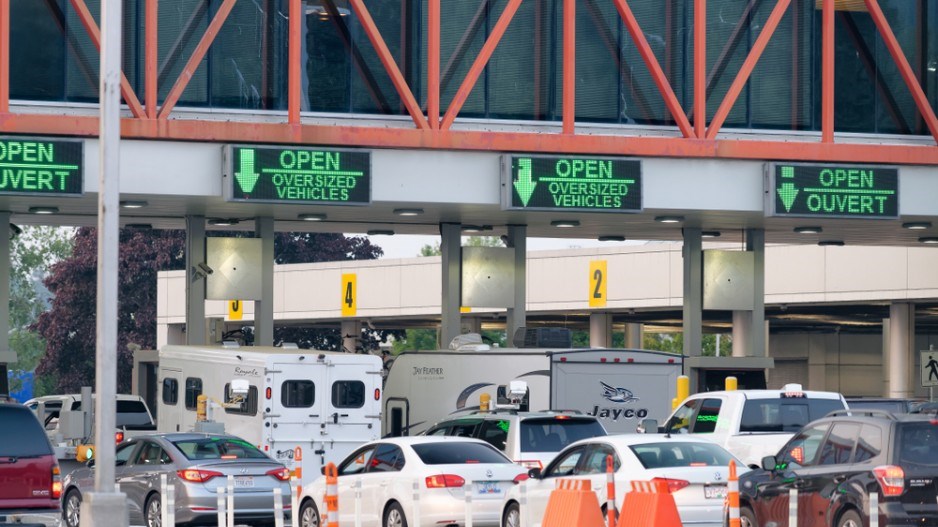People arriving in Canada will be subject to tighter biometric security, including fingerprint scanning and having photos taken, at the border this summer.
On July 31, biometrics from temporary resident applicants, as well as those on work permits and study permits, will be collected from European, Middle Eastern and African nationals. The list is scheduled to be expanded to Asian and American nationalities in December.
The move is part of the federal government’s attempt to protect Canadian borders from identity fraud in the face of a surge of asylum seekers over the past year.
But some travellers will be exempt from the rules, including U.S. nationals and tourists from nations that don’t require a visa to enter Canada.
Business travellers shouldn’t be affected too much by the changes either, according to immigration lawyer Bruce Harwood of Boughton Law.
“If you’re coming in for business, you don’t need a permit [of] any kind,” Harwood told Business in Vancouver. “Theoretically there’s going to be no difference for you. [Business travellers] coming from visa-required countries is where you may see a slowdown.”
There was no indication in the Canada Border Services Agency’s original announcement in April that the new biometric security clearances would add to border wait times, but Harwood is waiting to see what unforeseen impacts the changes will have, including potentially scaring away illegal business.
“That may be an indirect result of what they’re doing,” said Harwood. “It will be very interesting when we see what’s happening after July 31.” •




